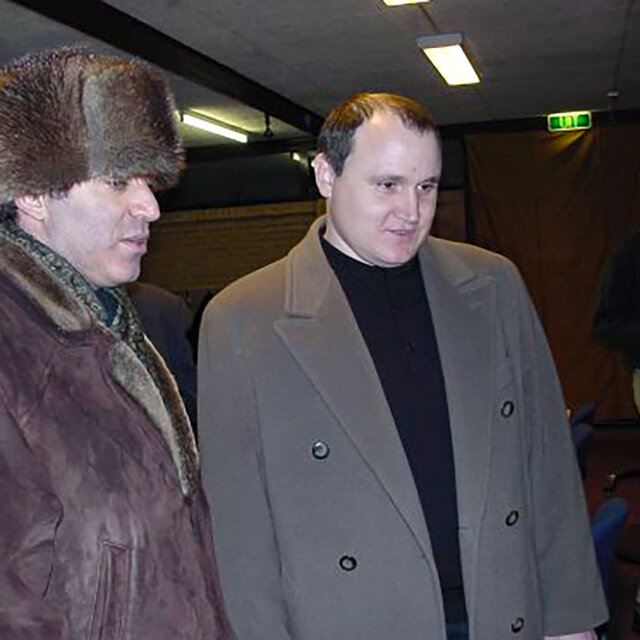Athletes are not the only ones who need coaches. All top chess players have them too. They are often experts at particular elements of the game, or openings, that a player feels he or she needs to work on.
But they can fill many other roles. They can be confidants, friends, providers of consolation, psychologists and even, on rare occasions, guardians if there is an actual physical altercation during or after a match.
From the job description, it is clear that not every chess player is suited to be a coach; an unusual skill set is required. By many accounts, Yury Dokhoian, a Russian grandmaster who died on July 1 in Moscow at 56, had the necessary tools.
He became one of the most successful coaches in the world and, for a decade, was the coach of Garry Kasparov, the longtime world champion. After Mr. Kasparov retired as a chess professional, Mr. Dokhoian went on to have a successful career coaching other elite players and Russian national teams.
The International Chess Federation, the game’s governing body, announced Dokhoian’s death on Twitter. His daughter, Anastasia Dokhoian, said the cause was Covid-19.










